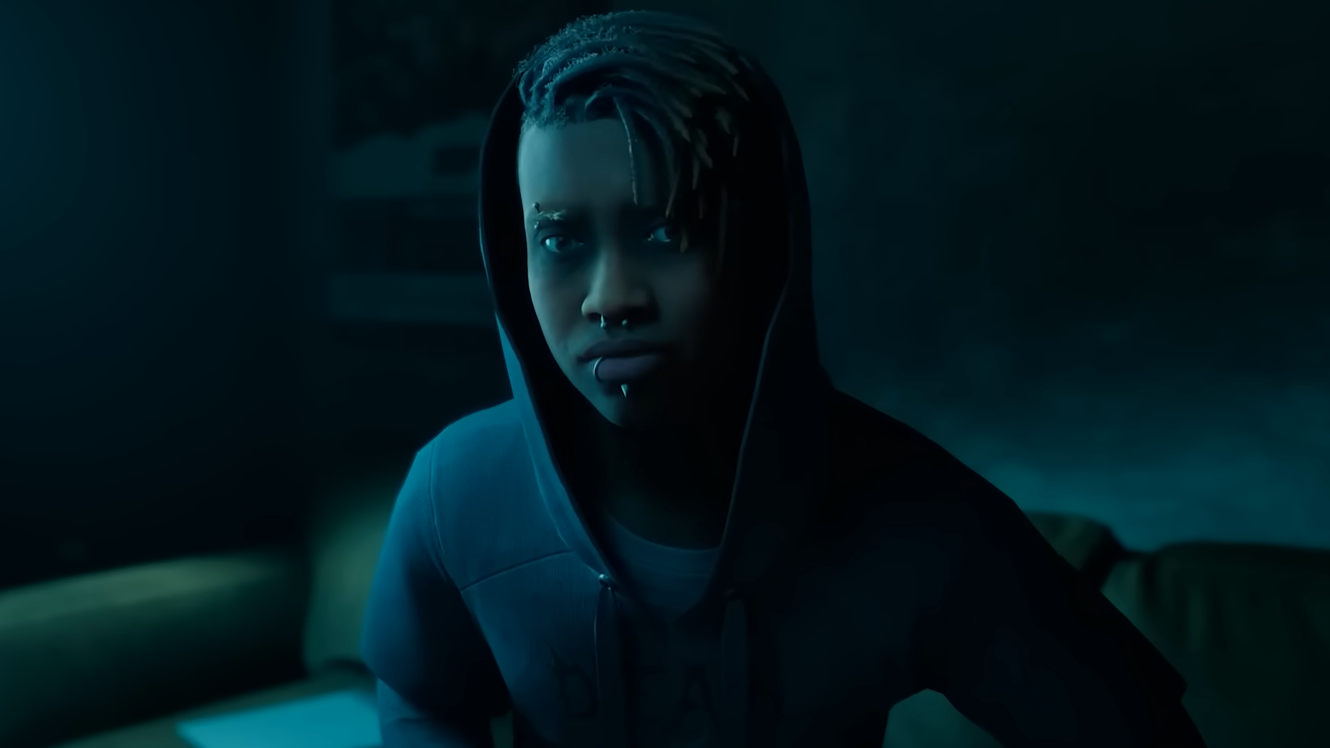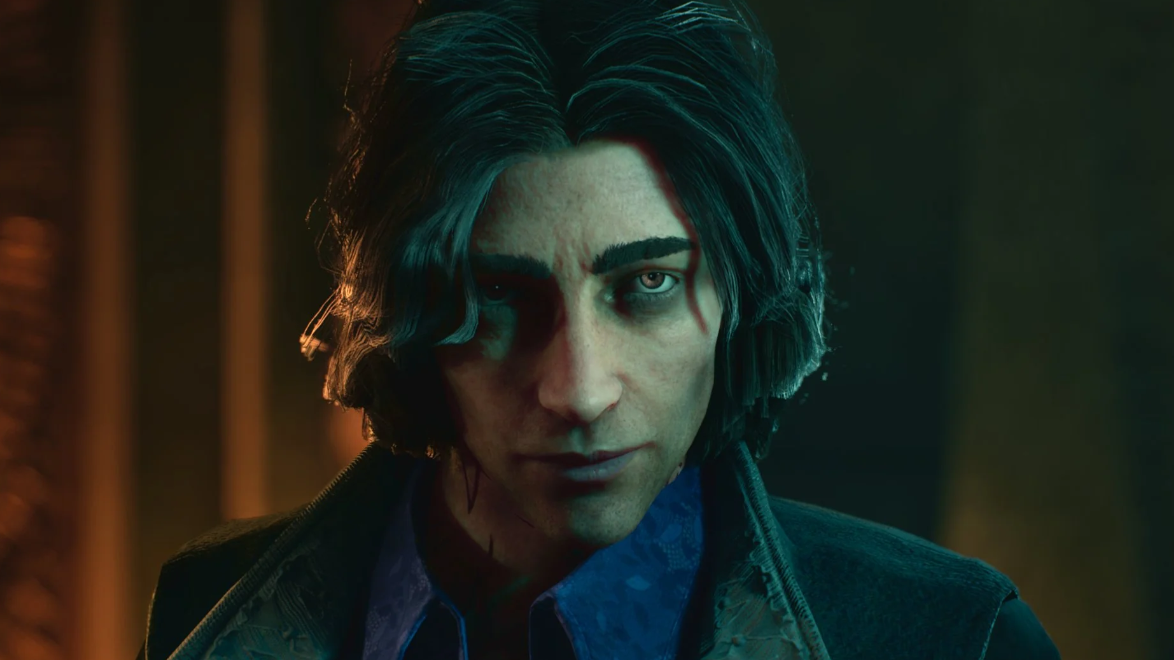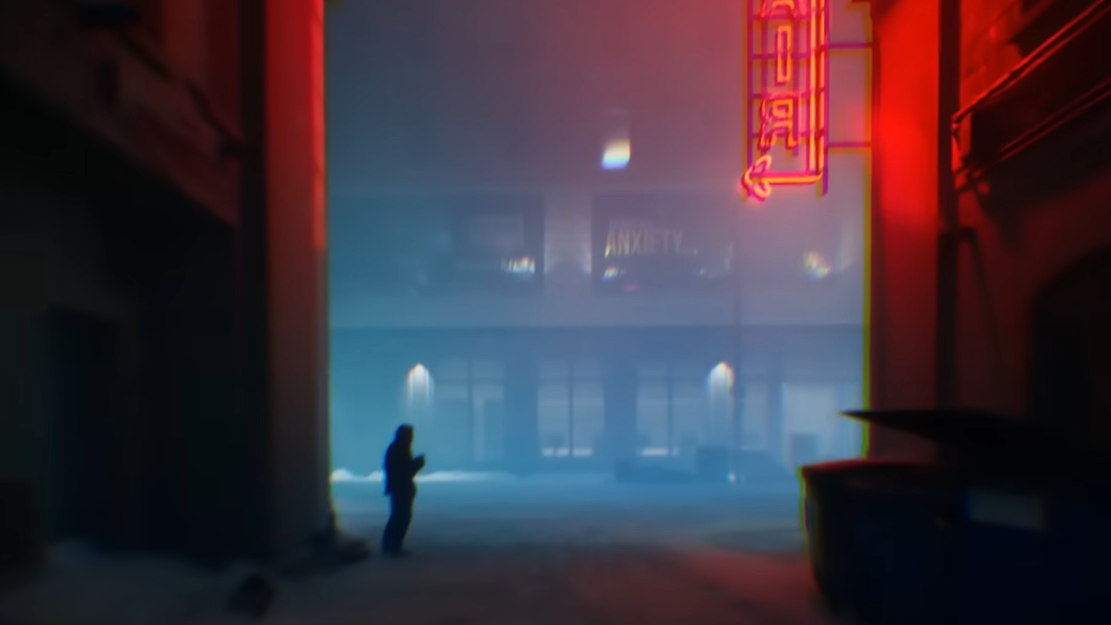The Malkavians — the Clan of the Moon — have always mixed prophecy with peril. Their curse twists perception, but it also cracks reality open just enough to glimpse what others miss. In the first Bloodlines, that tension defined an entire playthrough, from warped dialogue to fourth-wall nudges. Bloodlines 2 takes a different route: you won’t choose Malkavian at character creation, but the game still threads their insight directly into your experience through Fabien, a Malkavian investigator living in your head.
Malkavian lore in brief (and why it matters here)
Malkavians carry a supernatural madness that manifests differently in each Kindred. That instability often pairs with unusual clarity — a “gift of insight” amplified by classic clan Disciplines: Auspex (perception and psychic read), Dementation (mind-bending influence), and Obfuscate (concealment and misdirection). Historically, the clan serves the Camarilla as seers and oracles, and even their blood can pass aspects of that fracture to ghouls. In Bloodlines 1, this translated into distinct dialogue, unique interactions with the world, and a reputation for being the most challenging — and surprising — way to play.

No Malkavian character select in Bloodlines 2
Bloodlines 2’s starting clans are Brujah, Tremere, Banu Haqim, and Ventrue. Malkavian is not a selectable origin at launch. That doesn’t remove the clan from the story; it reframes how you encounter it. Instead of a full Malkavian run like the 2004 game, Bloodlines 2 builds the clan’s perspective into the narrative and gameplay through Fabien.
Fabien, a Malkavian in your head
Phyre, the protagonist, shares their mind with Fabien — a Malkavian private investigator who acts as guide, confidant, and occasional unreliable narrator. Fabien’s detective persona helps him navigate the clan’s curse, keeping his footing while still seeing patterns others miss. You’ll spend time playing as Fabien, and when you do, you wield a focused set of Malkavian abilities designed for reading rooms, slipping past suspicion, and manipulating memory. The intent is to capture the clan’s seer-or-trickster identity without turning the entire game into pure chaos.

Malkavian abilities you use as Fabien
| Ability | Type | What it does | Notes |
|---|---|---|---|
| Fast Forward | Passive | Accelerates memory, letting you zip through routine traversal in Seattle. | Does not break the Masquerade. |
| Mask of a Thousand Faces | Active | Appear to someone as a person they expect to meet; stay in character to keep the illusion. | Classic Obfuscate-style misdirection. |
| Forgetful Mind | Active | Excise inconvenient memories from a target. | Dementation-flavored manipulation. |
| Spirit’s Touch | Active | Read hidden impressions from inanimate objects or corpses. | Auspex-derived psychometry. |
| Scry the Soul | Active | Sense a person’s surface thoughts and concealed intent. | Auspex-style aura reading. |
These skills are pre-set for Fabien sessions and don’t require unlocking. The kit leans into investigation, social infiltration, and selective memory work rather than raw combat dominance, keeping the focus on information and misdirection.
How this differs from the Bloodlines 1 Malkavian run
Bloodlines 1 gave Malkavians a fully re-authored script with a distinct font, constant reality slippage, and set pieces only they could trigger — arguing with a stop sign, hearing the TV news talk directly to you, and other moments that bent the fourth wall. It was inventive and often hilarious, but also chaotic enough to overwhelm first-time players. Bloodlines 2 narrows the lens. By folding the clan into Fabien’s voice and toolkit, the sequel preserves the insight, unreliability, and social weirdness while keeping the broader campaign legible for any starting clan.

What to expect if you’re a Malkavian fan
- The clan’s identity is present throughout the story, but via Fabien rather than a full character-creation choice.
- When you control Fabien, you get a self-contained suite of Malkavian powers centered on reading, deceiving, and erasing — a clear nod to Auspex, Obfuscate, and Dementation.
- Expect a more grounded portrayal: insightful, eccentric, and sometimes unreliable, without leaning into nonstop zany dialogue for the entire campaign.
The result is a modern take on the Clan of the Moon: less slapstick, more noir. If you loved Bloodlines 1’s unpredictable Malkavian playthrough, you’ll still find the conspiratorial whispers and reality-bending perspective here — now channeled through a detective who knows when to blend in and when to shatter a memory.

